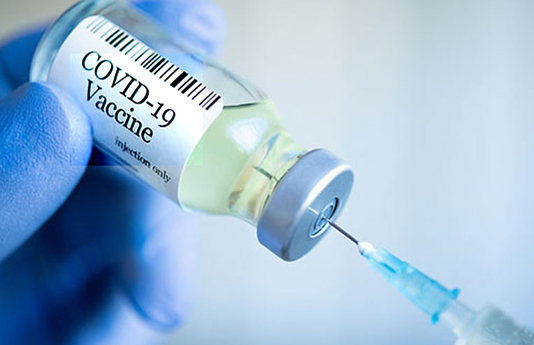KUALA LUMPUR, Nov 16 (NNN-Bernama) — Malaysia is highly hopeful of obtaining from the producing countries, COVID-19 vaccines, expected could be used by the first quarter of next year.
Health Minister, Dr Adham Baba said based on the latest reports, there were now 10 leading candidates among the vaccine producers which had completed the third phase of their clinical tests in developing the vaccines.
“As we have been informed, the vaccine produced by Pfizer Inc. and BioNTech SE has been claimed to be 90 per cent effective. This is a good and healthy development.
“We are confident that there are many more leading candidates in the world like Gamaleya Research Institute whose vaccine has also undergone the third phase of clinical tests which we see as a good opportunity too in providing vaccines to our own people.
“However, we do not know yet the results of the third-phase clinical tests for the vaccine from China…we still have not concluded our discussions.
“However, the procurement of COVID-19 vaccines for our country will depend on careful considerations with regard to the quality, safety, implications and registration of these vaccines by the producing countries,” he said during the ‘Selamat Pagi Malaysia’ programme produced by Radio Televisyen Malaysia (RTM), Monday.
Asked whether former COVID-19 patients could get infected again, Dr Adham said the chances were low compared with those who had never been infected with the virus.
He said the recovery rate, meanwhile, had shown increases with 73 per cent per cent recorded Sunday compared with 65 per cent two weeks ago, thus proving that the treatment protocols and regime implemented at the hospitals and health centres in this country were in keeping with the public health safety approaches.
On the increase in the number of COVID-19 positive cases in some states, federal territories and Klang Valley, Dr Adham said these were linked to the workplace and construction site clusters where the infectivity rates in these places were high as there were movement of people and laxity in adhering to the standard operating procedure (SOP).
“The rise in cases in Kuala Lumpur shows that we need to tighten actions, compliance, enforcement and monitoring. We have to continue with the preventive and control measures, adhere to the SOP and adapt to the new norms.
“This is the responsibility of all. With regard to the workplace clusters, it is very important for employers and workers to be responsible. Employers have a vital role of ensuring that their staff or workers are always protected,” he added.
— NNN-BERNAMA






